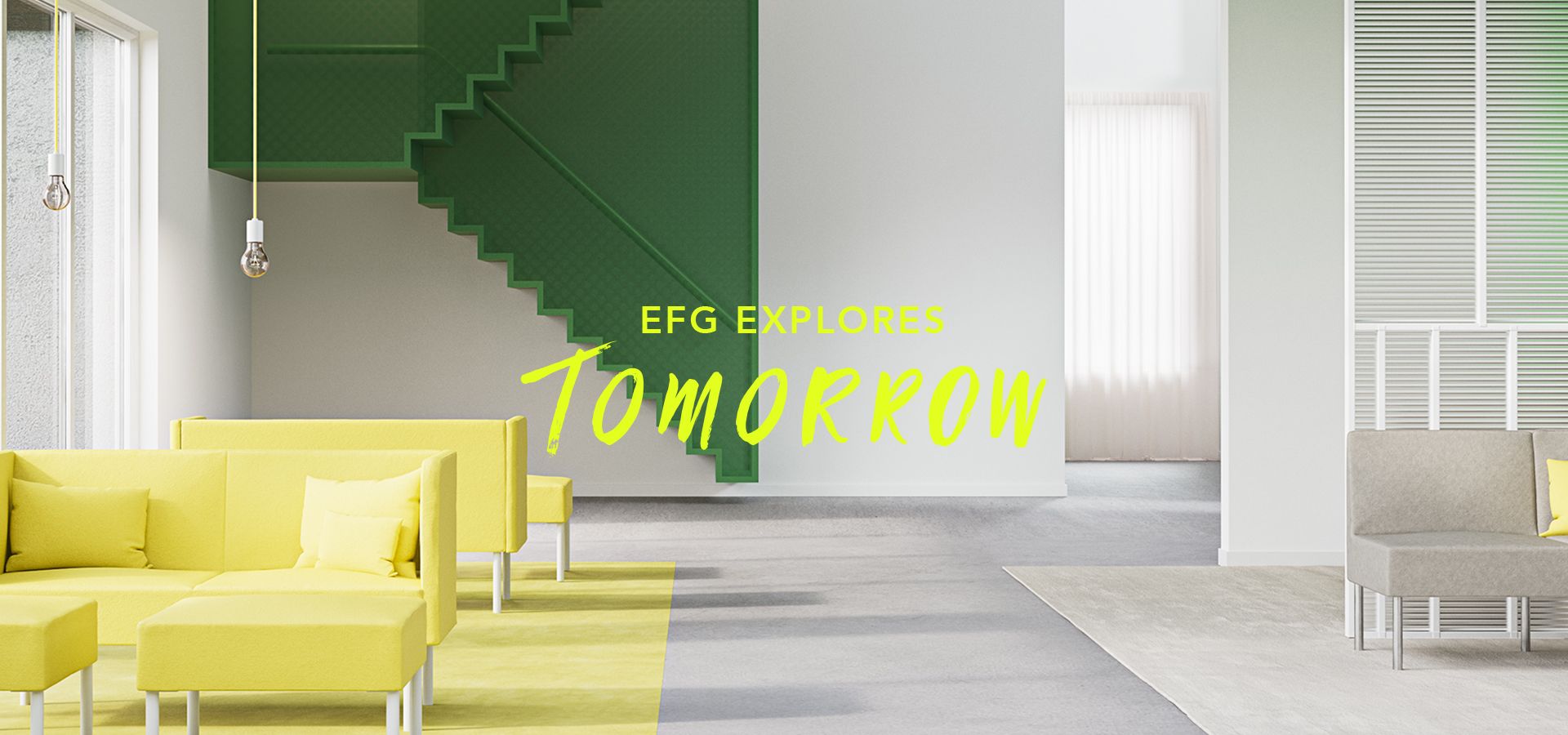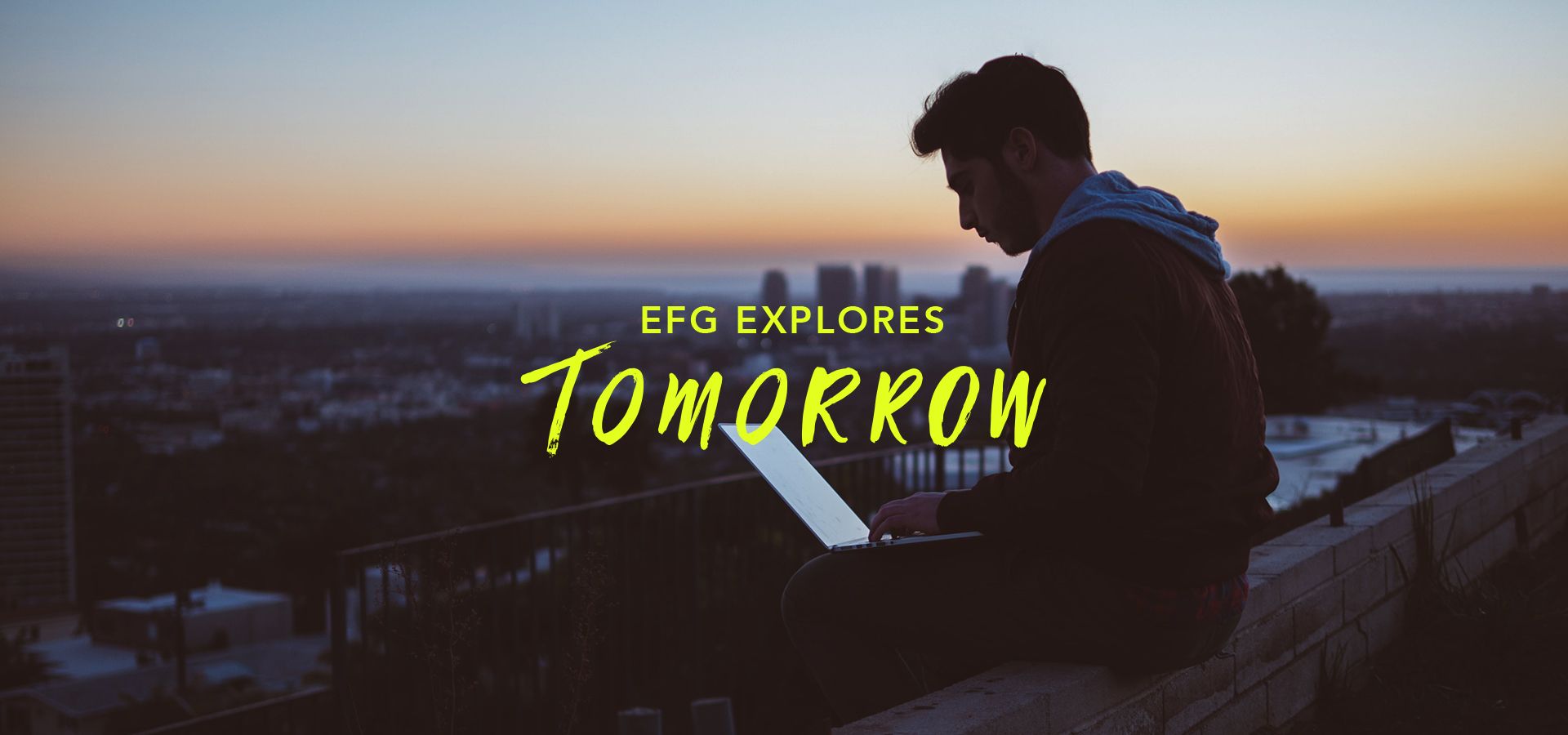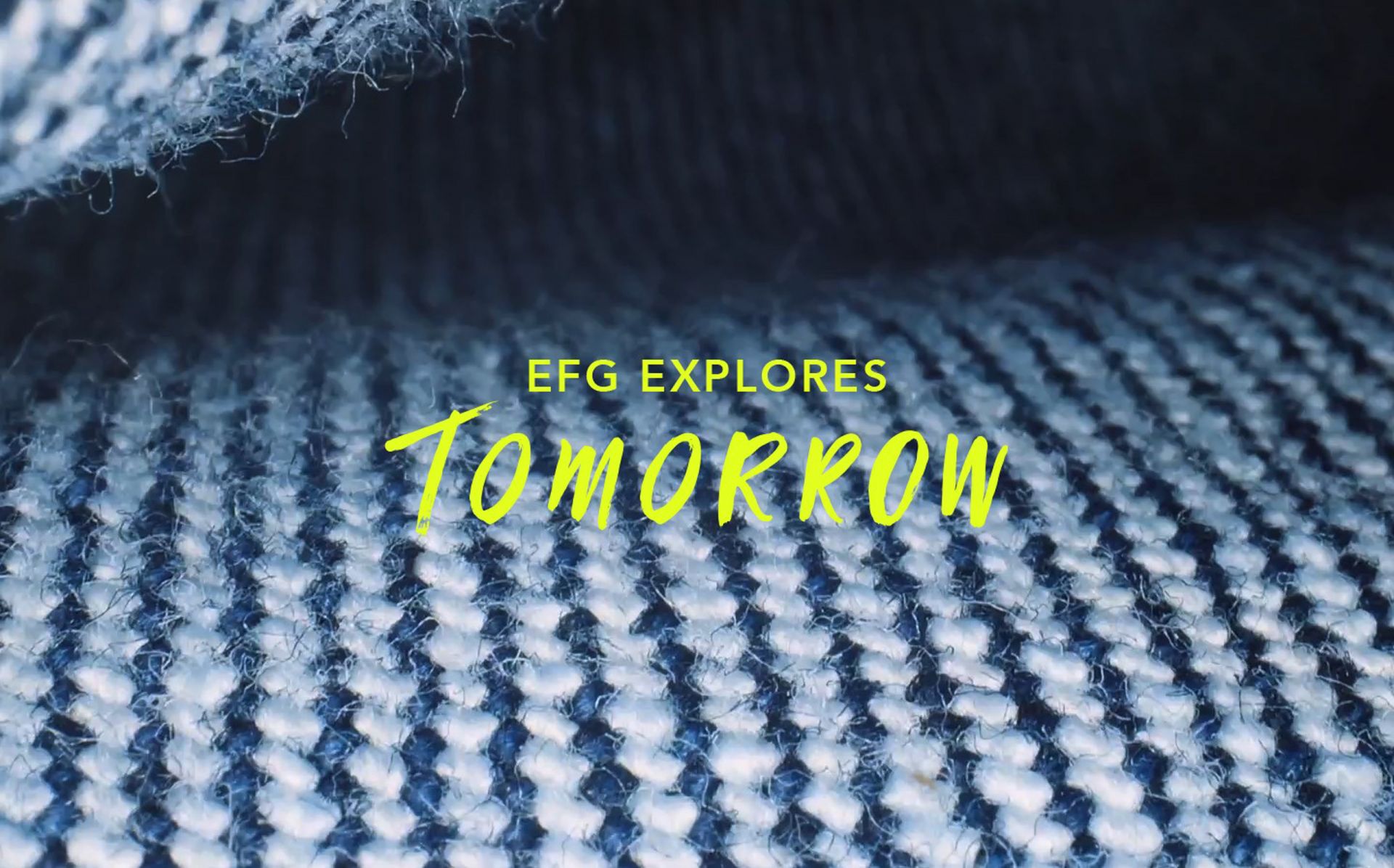Exploring tomorrow: How will the circular economy affect tomorrow’s workplace?
How can we design sustainable, future-proof products that will meet tomorrow’s challenges and demands for sustainability. EFG has looked into sustainability and the circular society we are about to enter.
PARTICIPANTS
Anders Breitholtz
Material designer and strategist in circular economy
Founder of the Material Challenge Lab materials library and co-founder of Papershell, which makes sustainable material solutions that are more eco-friendly than diecast veneers, more weather resistant than plastic and stronger than fibre composites. Anders has 20 years’ experience in materials and management consulting. He is a co-founder of a number of start-ups in materials, design and architecture.
Jonas Pettersson
CEO and co-founder of Form Us With Love
Jonas serves as the primary design strategist at the Form Us With Love design studio, and defines the overarching vision for the studio’s work. Jonas has worked with a number of sustainable solutions such as glass recycling, and products including Forgo soap and acoustic partitions for Baux. Appointed Designer of the Year and winner of a Red Dot Design Award.
Kristina Jonsson
Design and Product Developer, EFG
Driven, solution-oriented product designer with more than 15 years’ experience. Kristina works from concept to finished product in EFG’s design team, and collaborates with external designers such as Form Us With Love, Berg & Hindenes, Olle Lundberg and Jonas Forsman.
Andreas Mattisson
Manager Product Development, EFG
Andreas has Master’s degrees in technology and economics; his youth was influenced by architecture and forestry, and he focuses on the many different aspects of sustainability. He has run projects that have led to a number of awards, including the Neocon Innovation Award, Design S, the Red Dot Design Award, Innovations-SM, Muze and the European Aluminium Award.

The industry’s challenges and opportunities
Sweden is one of 194 countries that are signatories to the Paris agreement’s goal of halving the world’s emissions by 2030. Our shared responsibility for contributing to a more sustainable society is irrefutable, because when all is said and done the production of furniture has an impact on climate in just the same way as electronics, fashion, vehicles, foodstuffs and other consumer goods do. A report from My Tool Shed estimates that the average piece of furniture generates around 47 kg of CO2 equivalents, which is around the same quantity of greenhouse gases produced by burning around 5.3 litres of petrol.
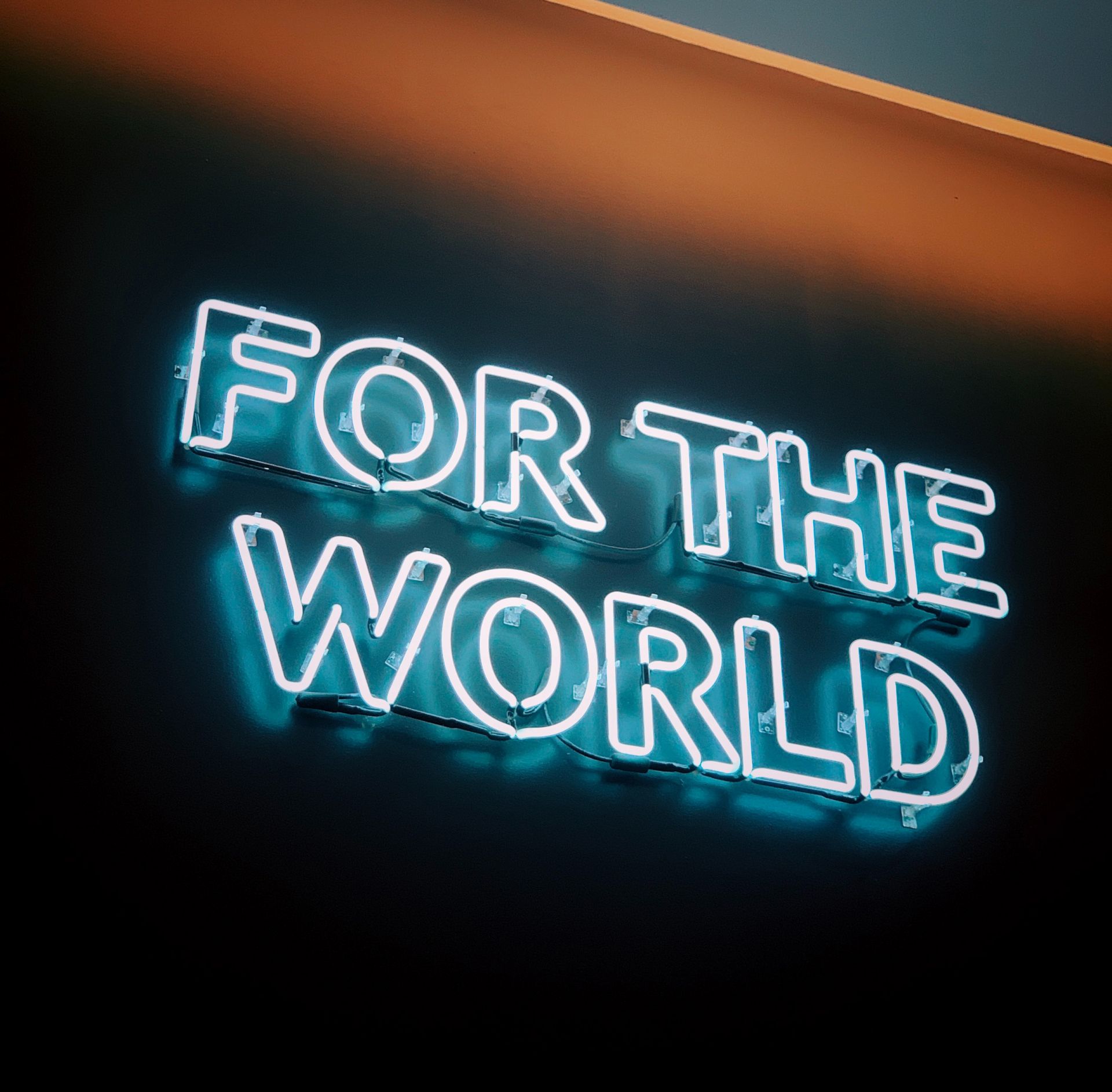
The impact of furniture on the environment has kick-started circular strategies and models throughout the industry, which is a giant stride forward. But according to a 2017 report from RISE that analyses sustainability in circular furniture flows, circular business models do not automatically mean lower overall environmental impact. As we transition to the circular economy it has become evident that recycling and fossil-free haulage does not solve the entire problem. Improving resource efficiency so that products and materials can be used over a longer period plays a much bigger part.

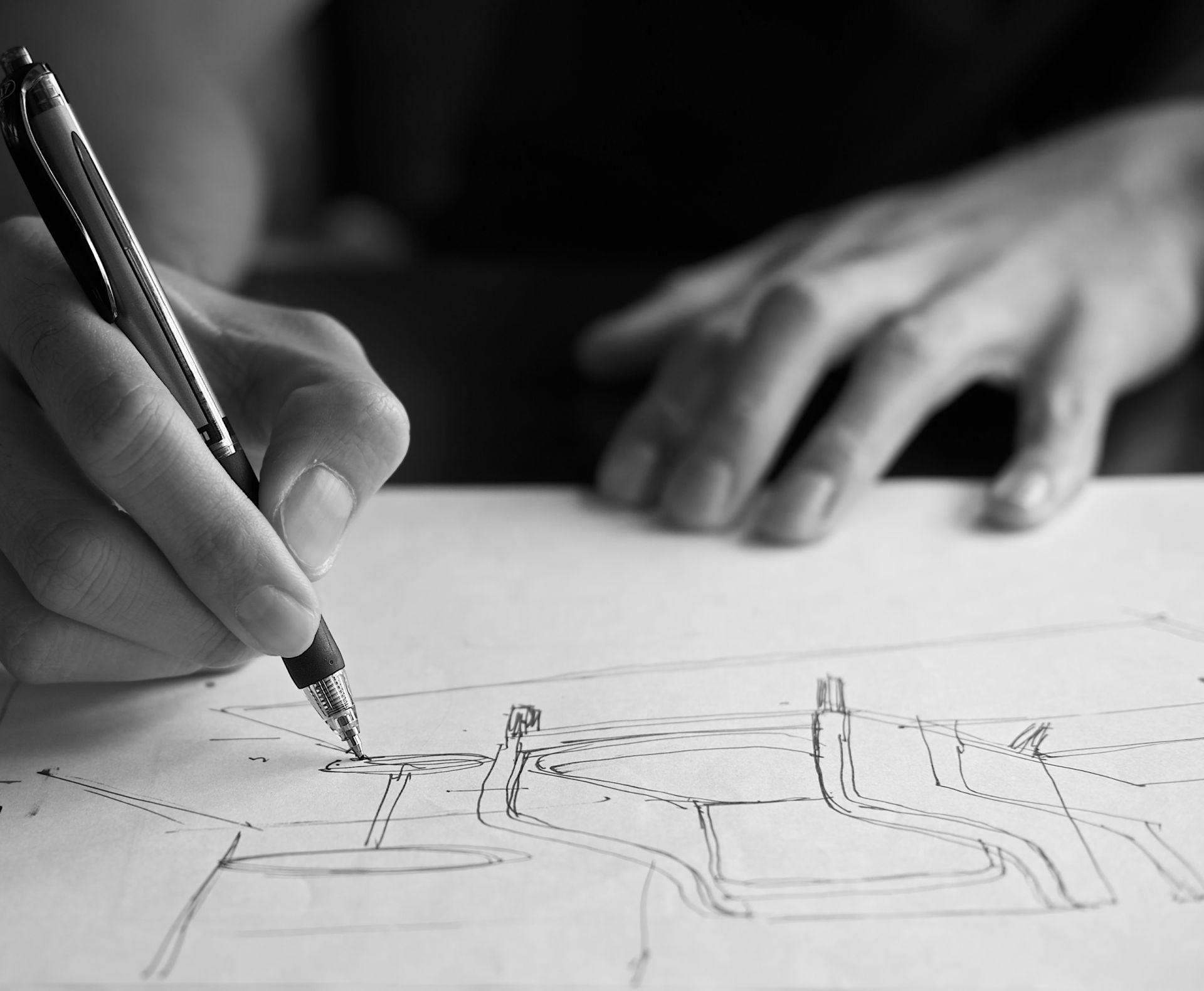
Waste is a design flaw
What precisely is sustainable? We often say that waste is a design flaw, and this means more than just functionality – a product’s aesthetic lifetime is also an important sustainability dimension. When creating a piece of furniture, no less than 86 per cent of climate emissions are generated by the material, and recycling reduces climate impact by as much as 20 to 40 per cent compared to a new purchase. In the past, designers were tremendously product focused and produced new designs according to the aesthetics that drove sales. If we were able to design future-proof, updatable products that last longer, we could change a product’s identity without the need to buy an entirely new item. In the future, design briefs must align with sustainability goals and KPIs. In practice, this means making products with materials that are primarily reusable, secondly recyclable and whose designs allow longer product lifetimes.
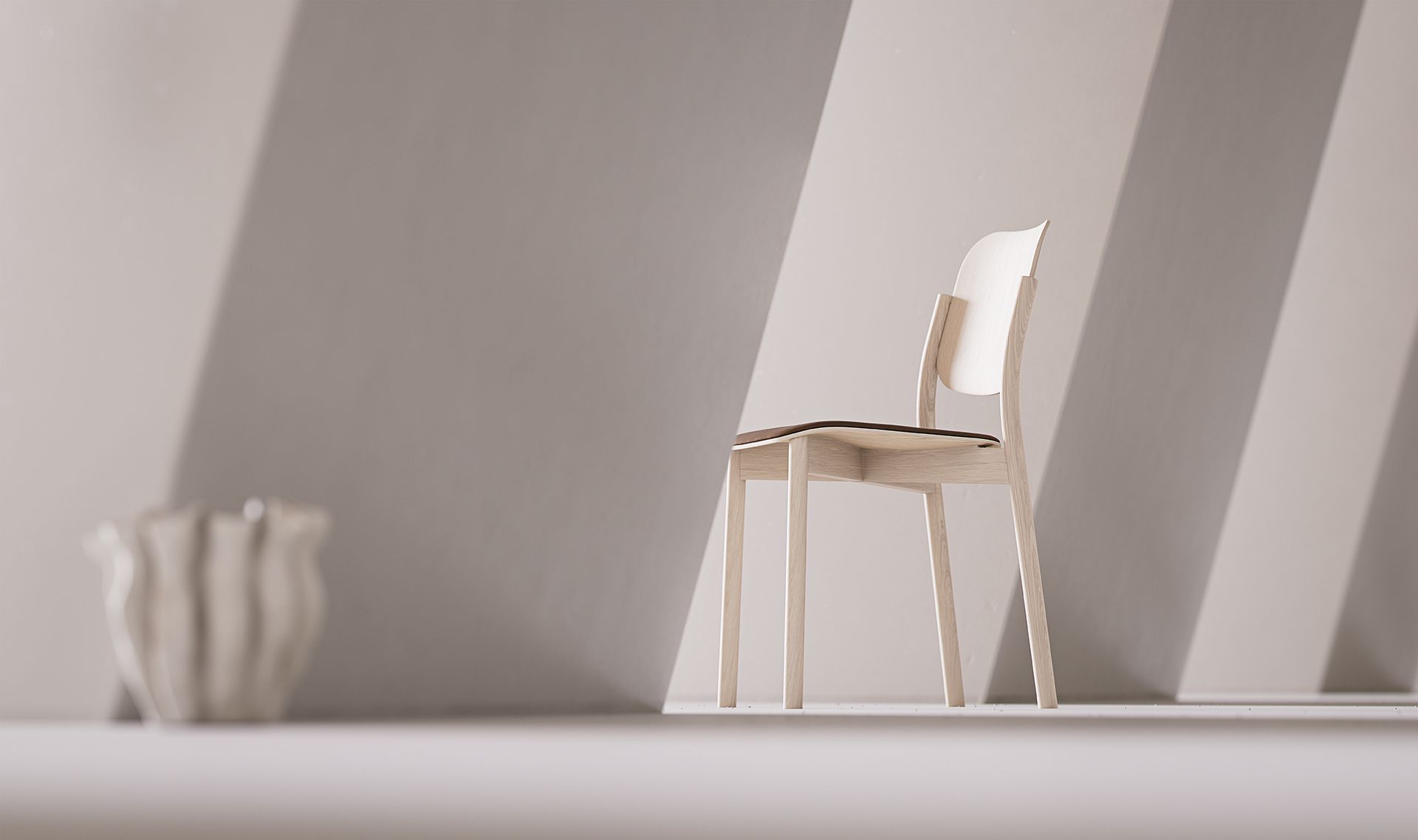
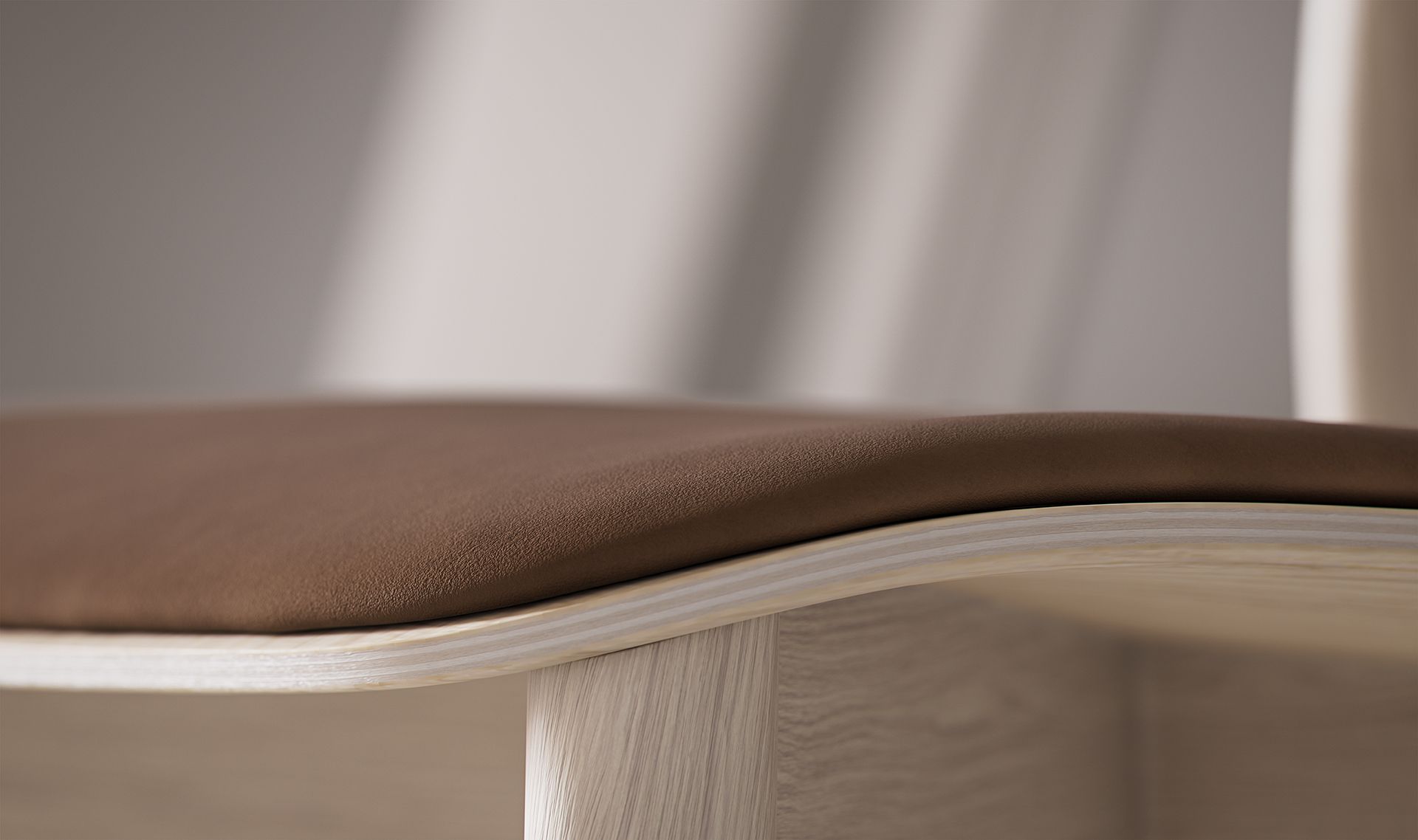
EFG’s design philosophy
We offer products that are sustainable and responsibly produced in terms of quality, the environment and social conditions. Our production is certified according to ISO 9001 and ISO 14001 standards and we work proactively with eco-labelling such as Möbelfakta, FSC®*and the Nordic Swan. The goal is to move from linear to circular production with responsible product reuse and recycling. All of our products will be climate neutral by 2040. When we design new products, we follow Nordic Swan guidelines and use pure materials and as little material as possible without compromising quality or function. In keeping with the watchwords “reduce, reuse, repair, recycle” our products have a layer-by-layer design that allows parts to be removed, repaired or replaced. We work with timeless designs and structures that provide aesthetically durable, future-proof products.
*EFG’s FSC licence number is FSC-C009111, www.fsc.org
To product page
All products-
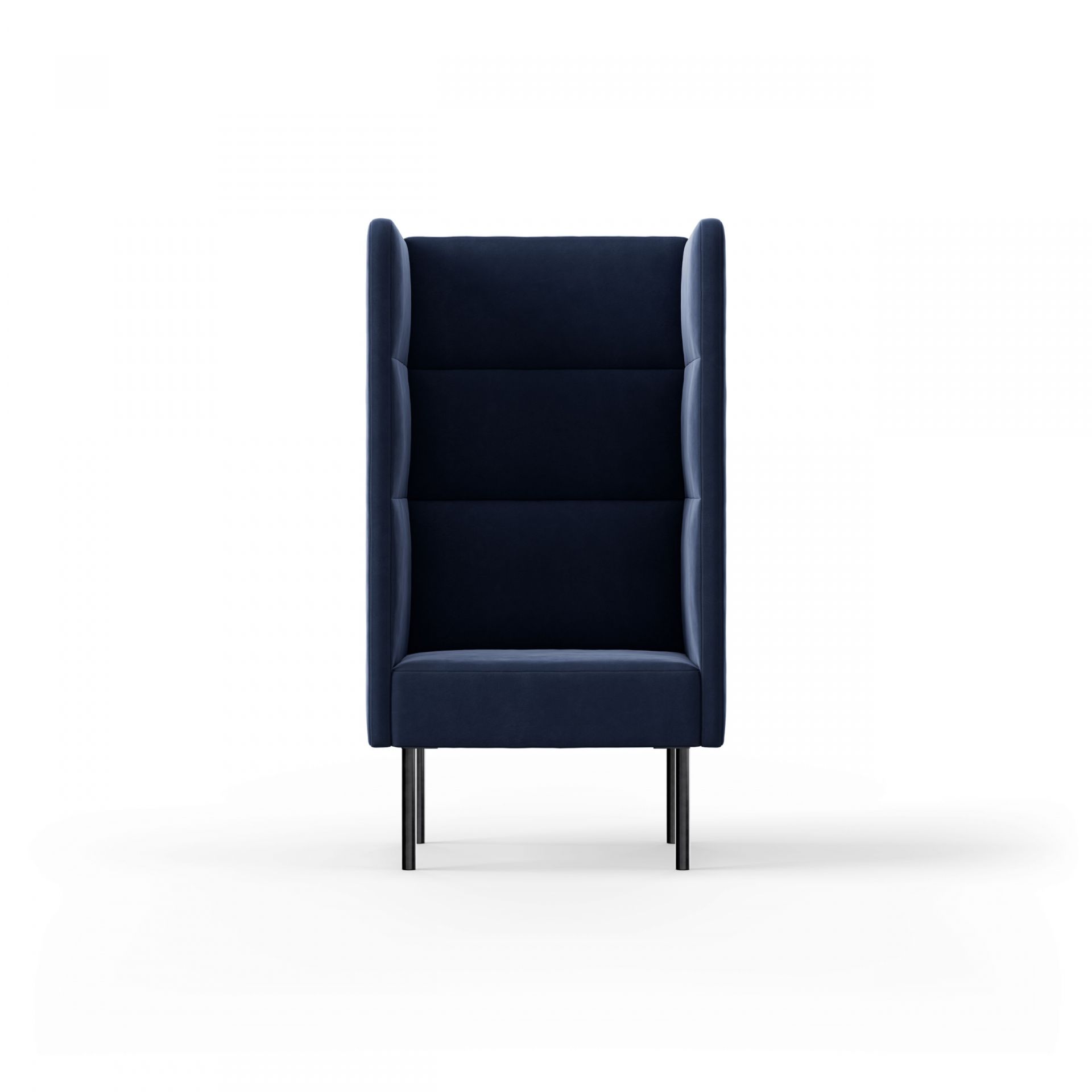
Mingle Lounge
Armchair -
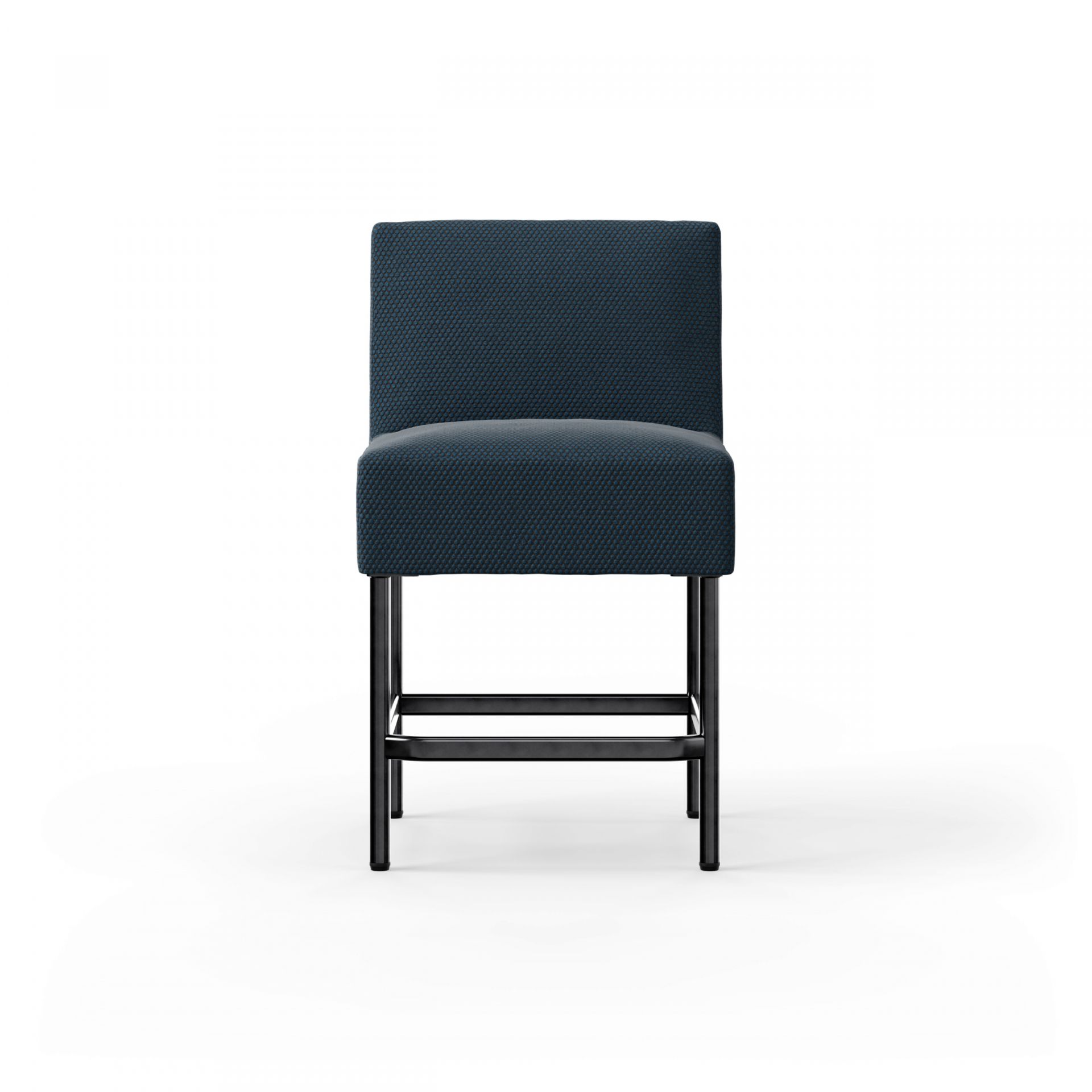
Mingle Bar
Armchair -
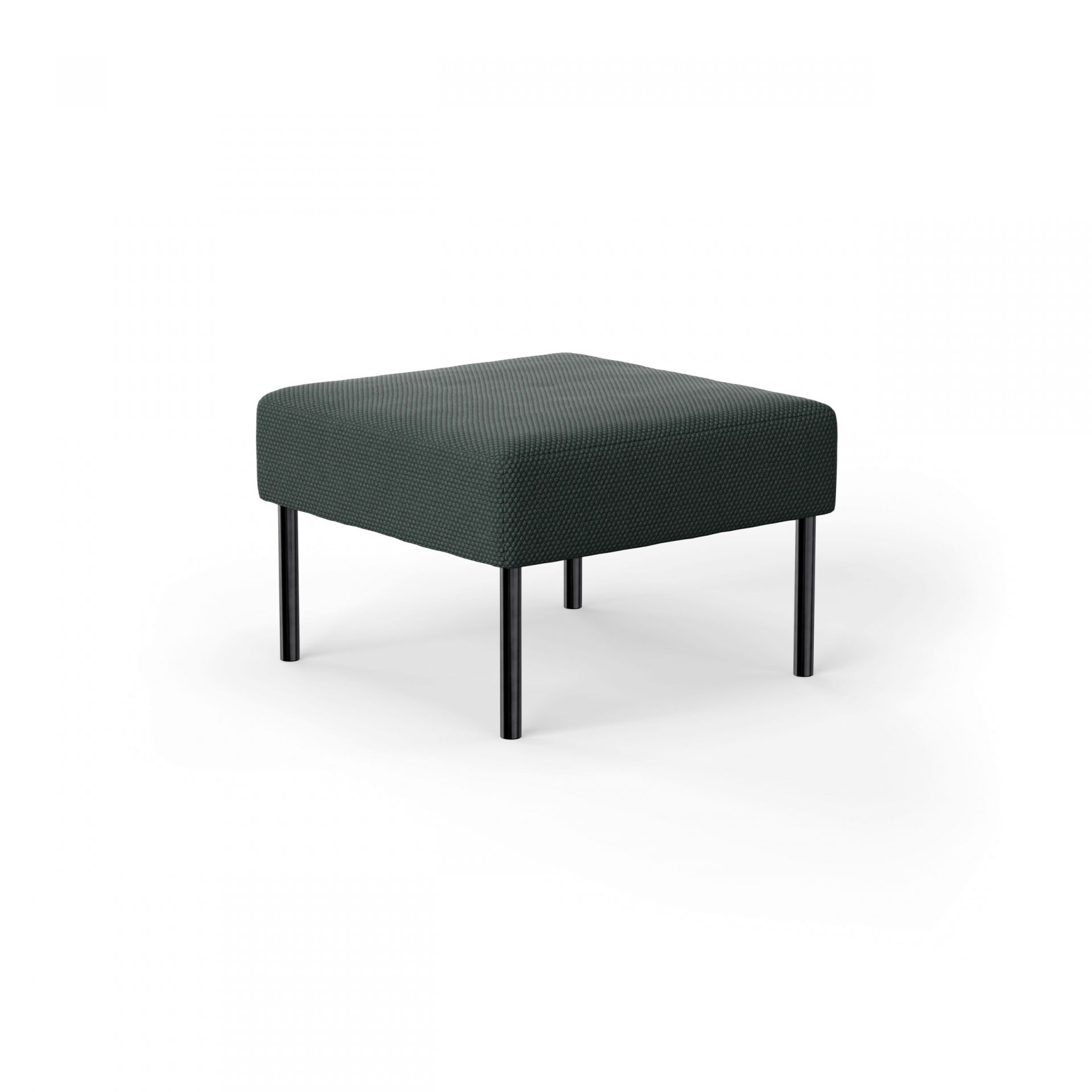
Mingle Lounge
Bench -
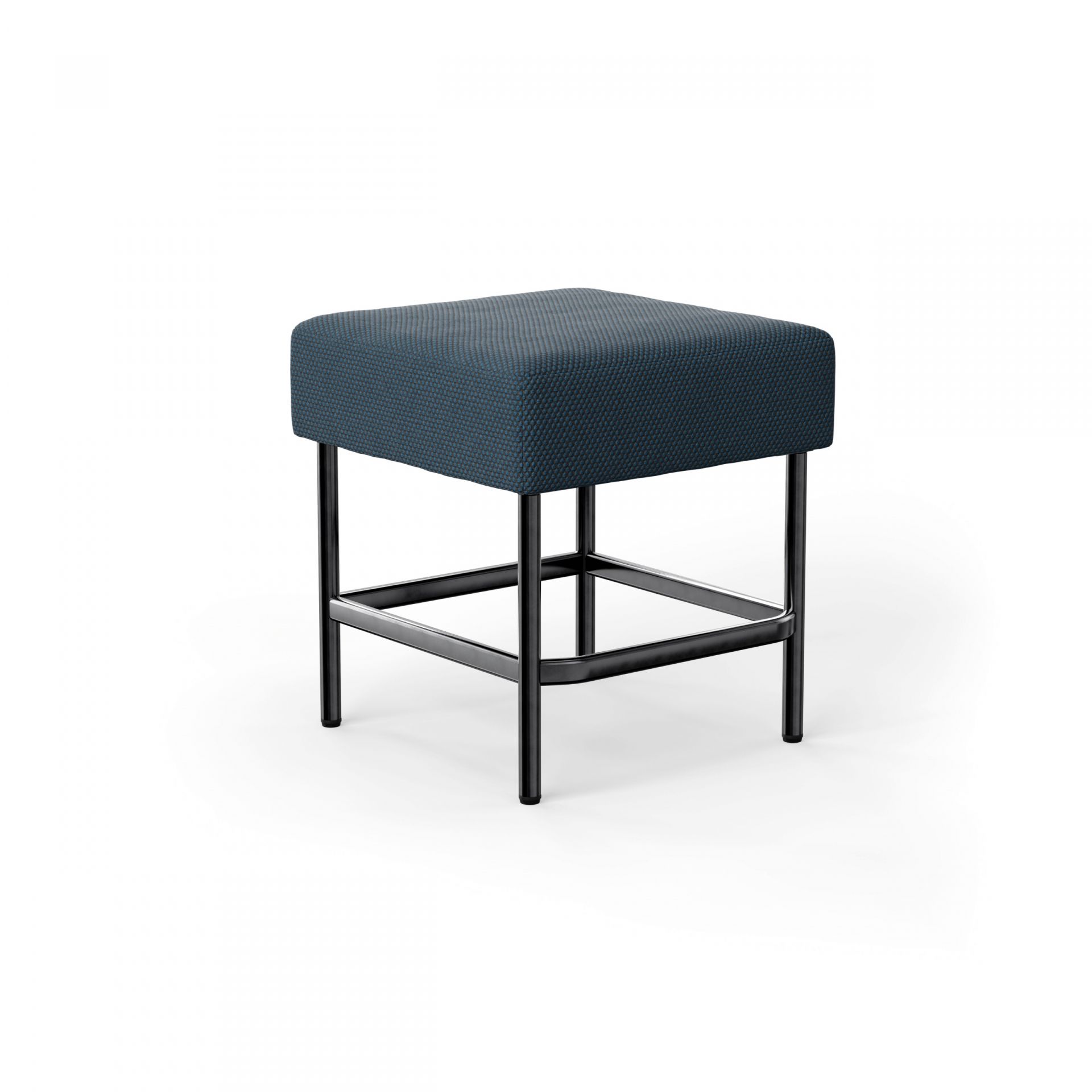
Mingle Bar
Bench -

Rise
Desk, sit/stand -
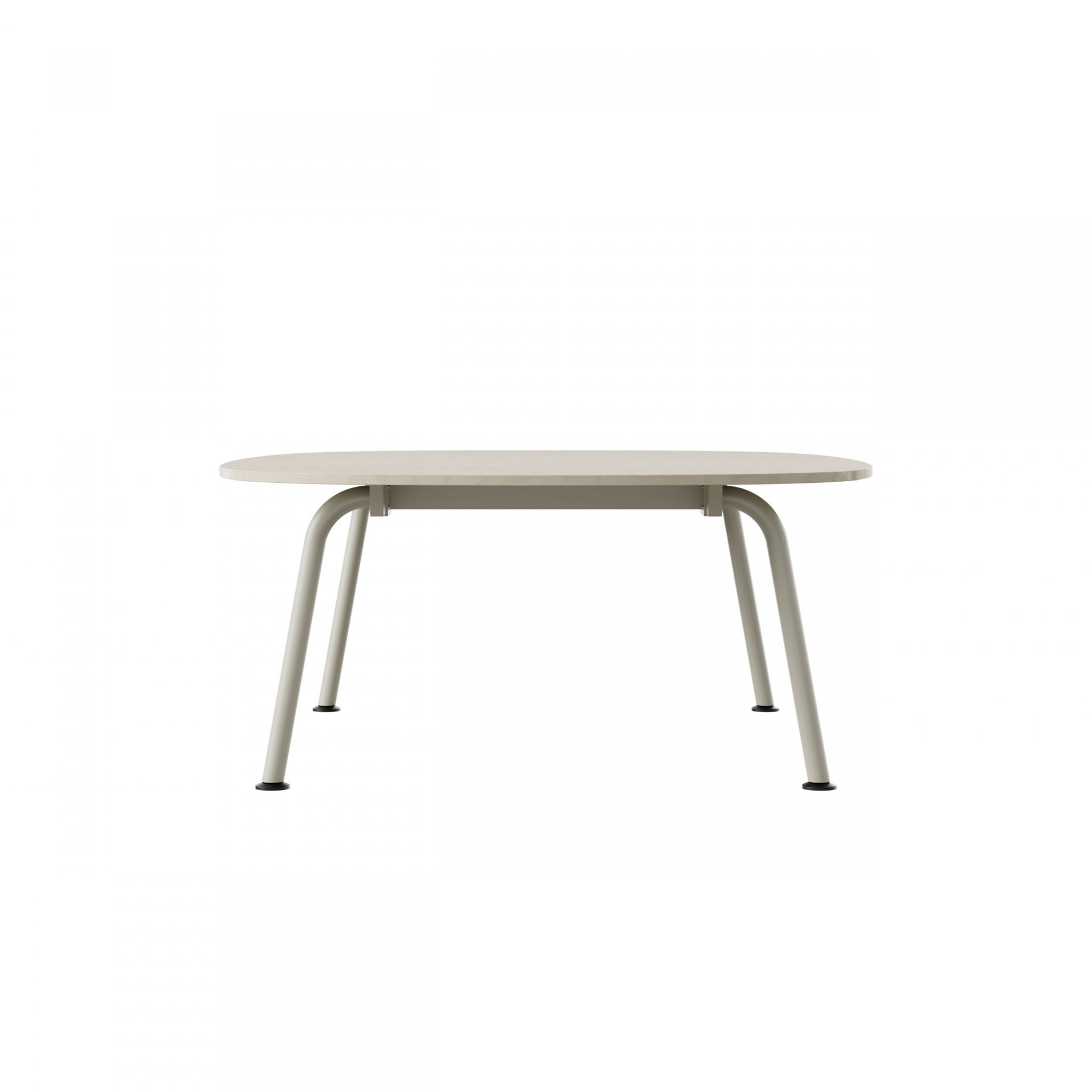
Continue
Meeting table -
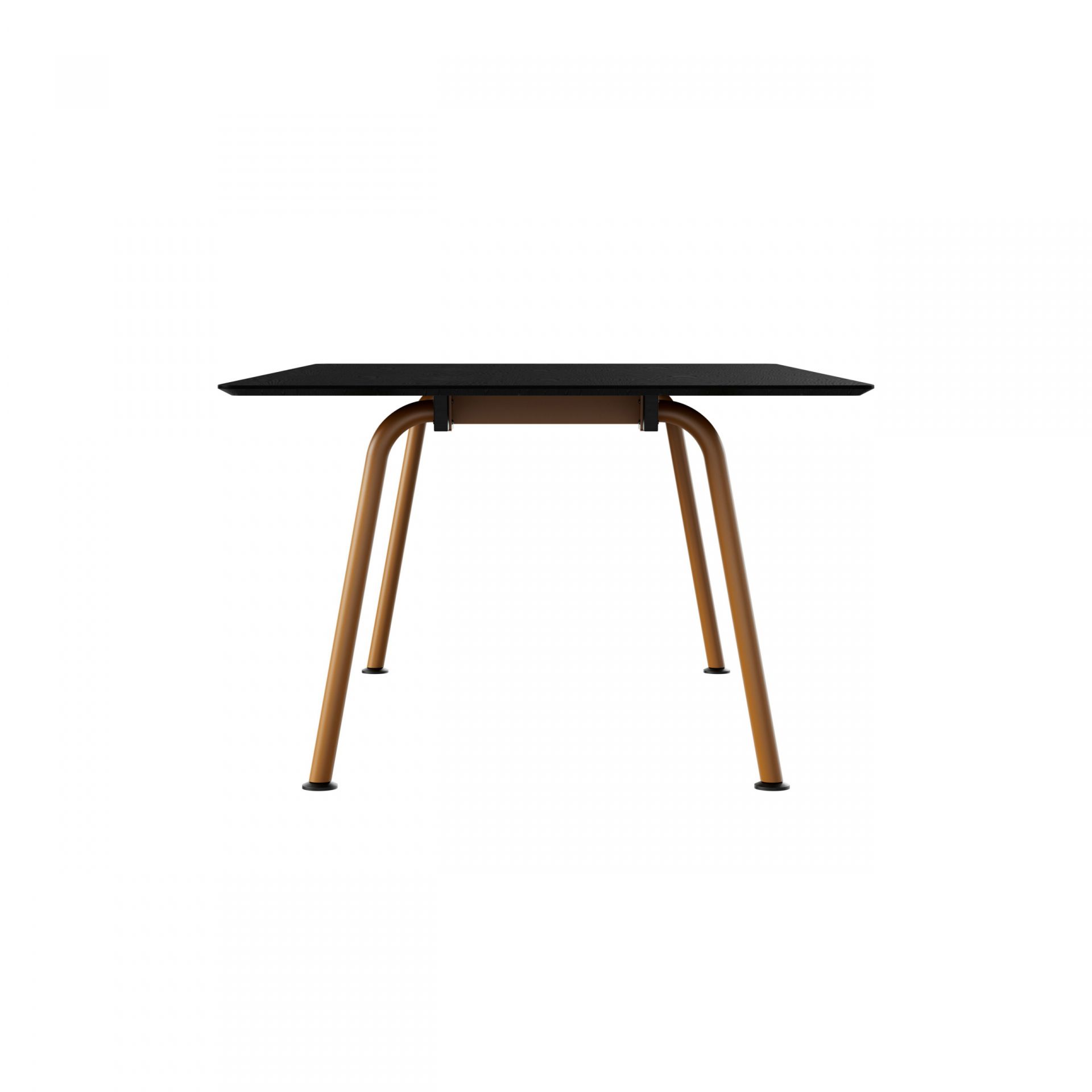
Continue
Meeting table, high -

Mingle Lounge
Oval sofa -
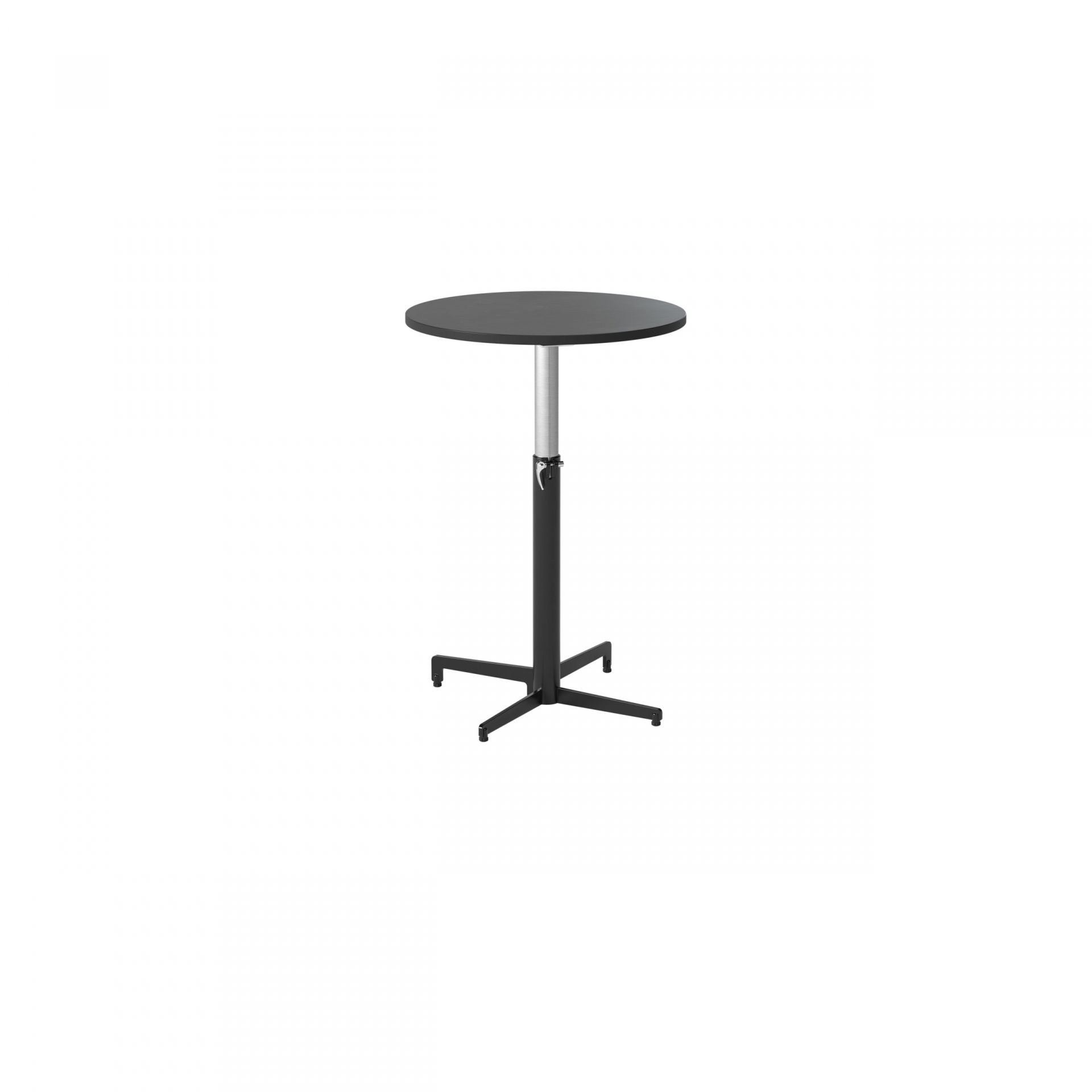
HideAway
Pillar table with tiltable top -
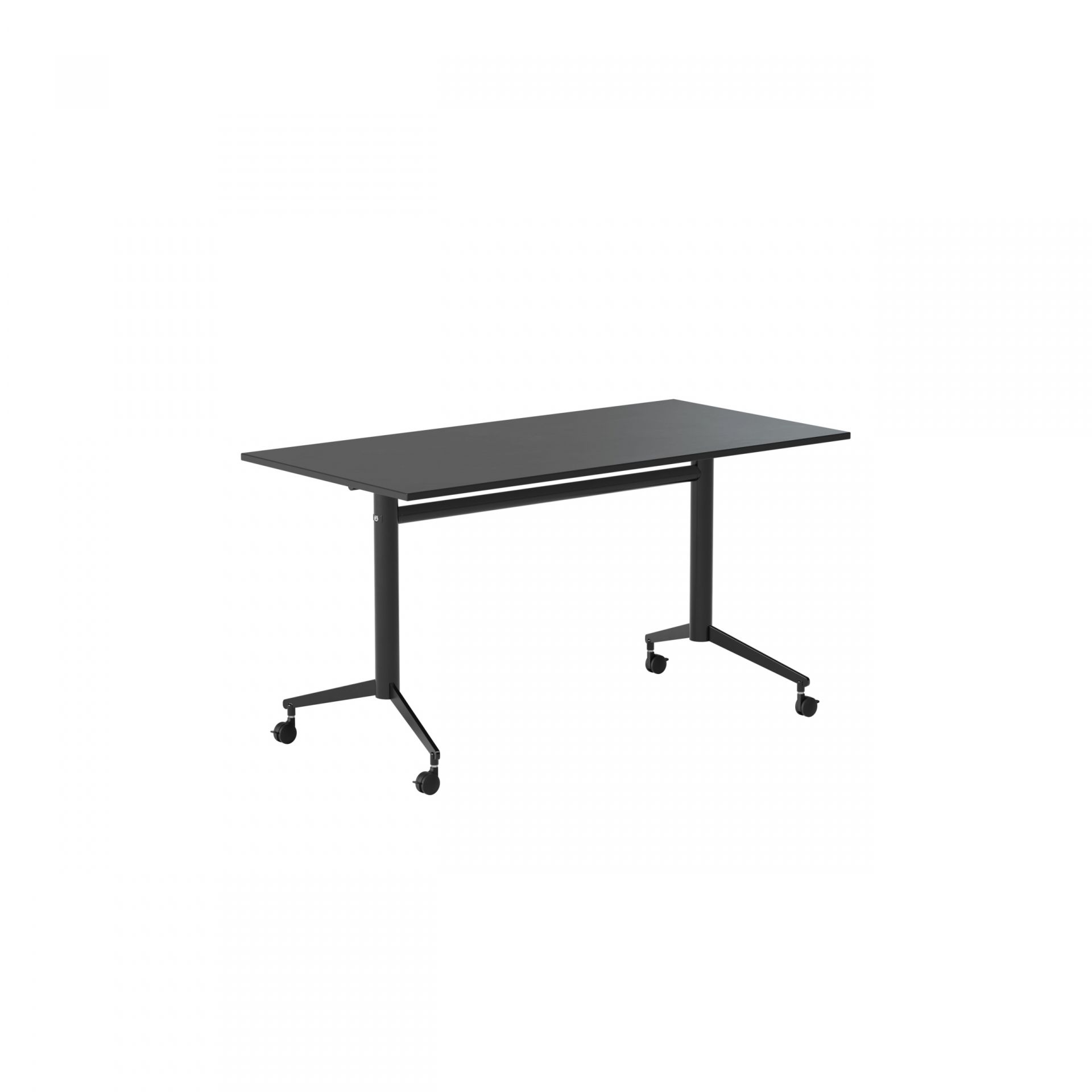
HideAway
Pillar table with tiltable top, two legs -
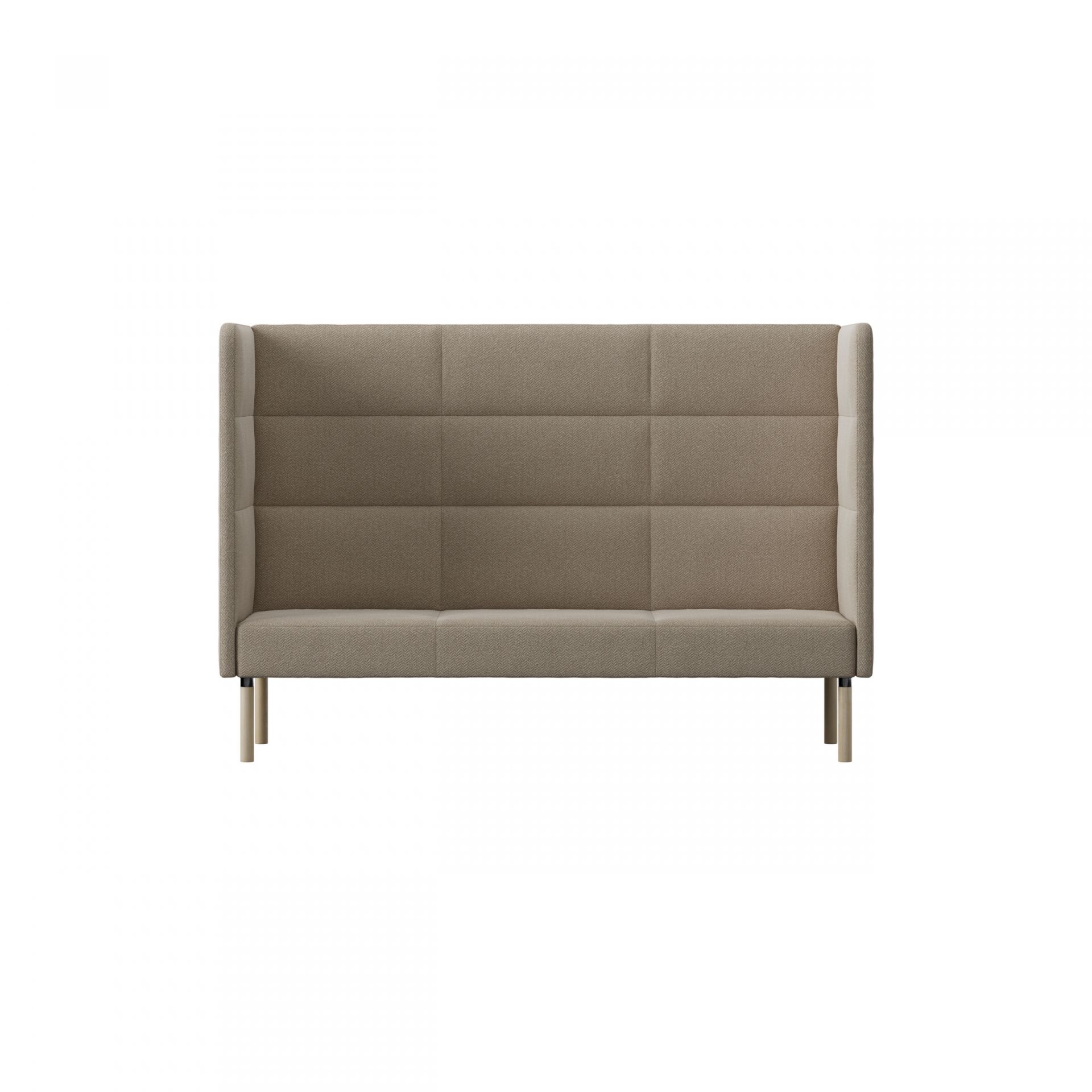
Mingle Lounge
Pod/meeting room -
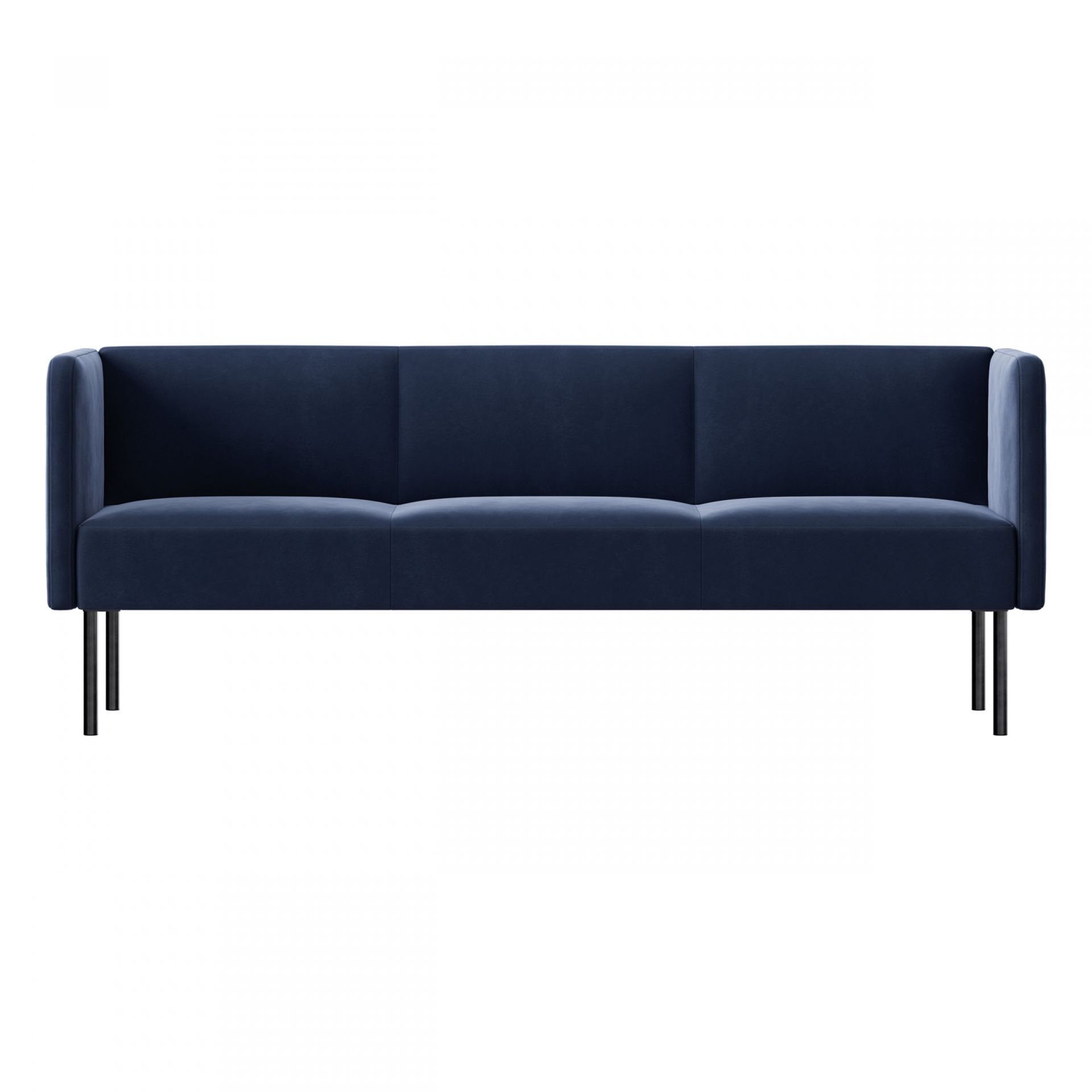
Mingle Lounge
Sofa -
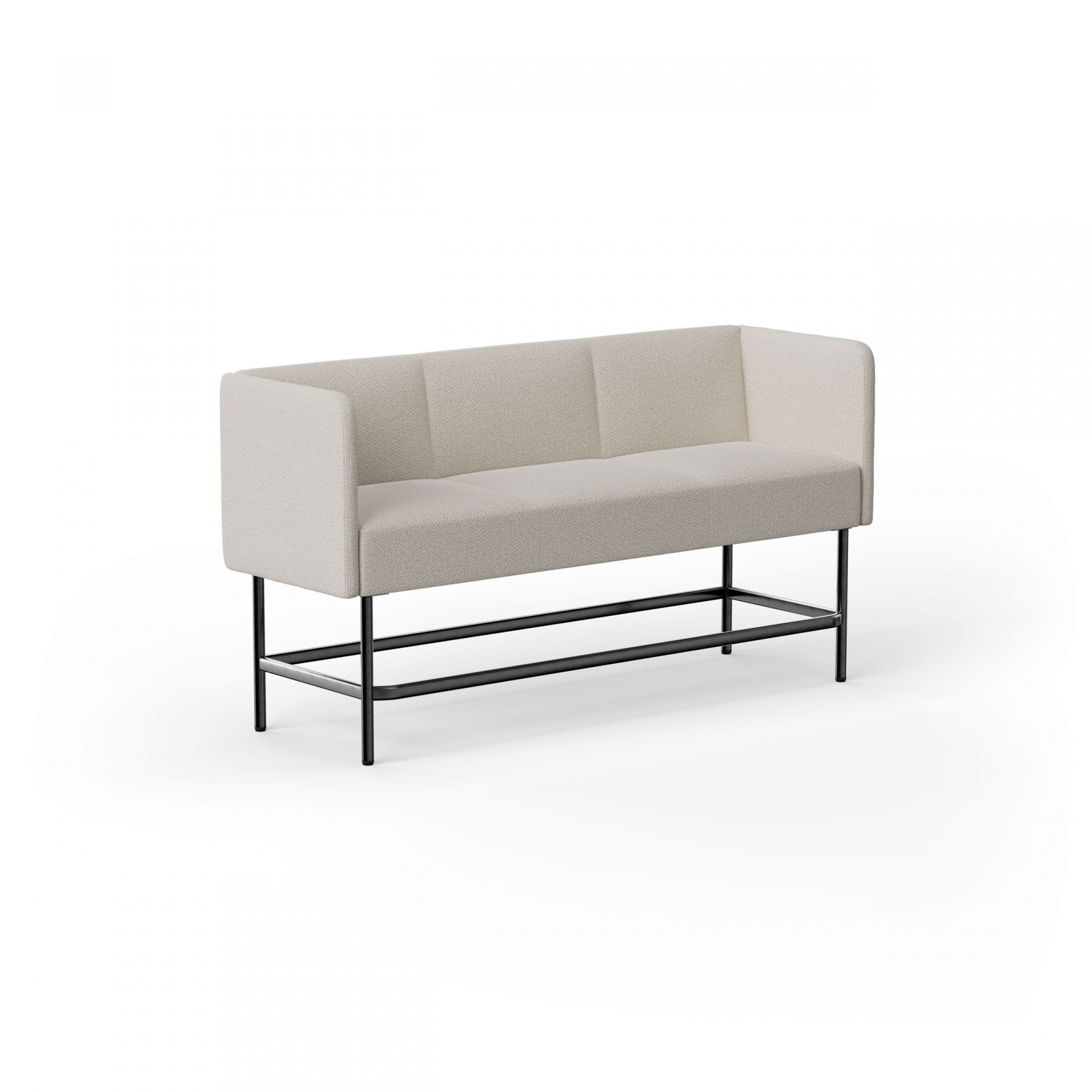
Mingle Bar
Sofa -
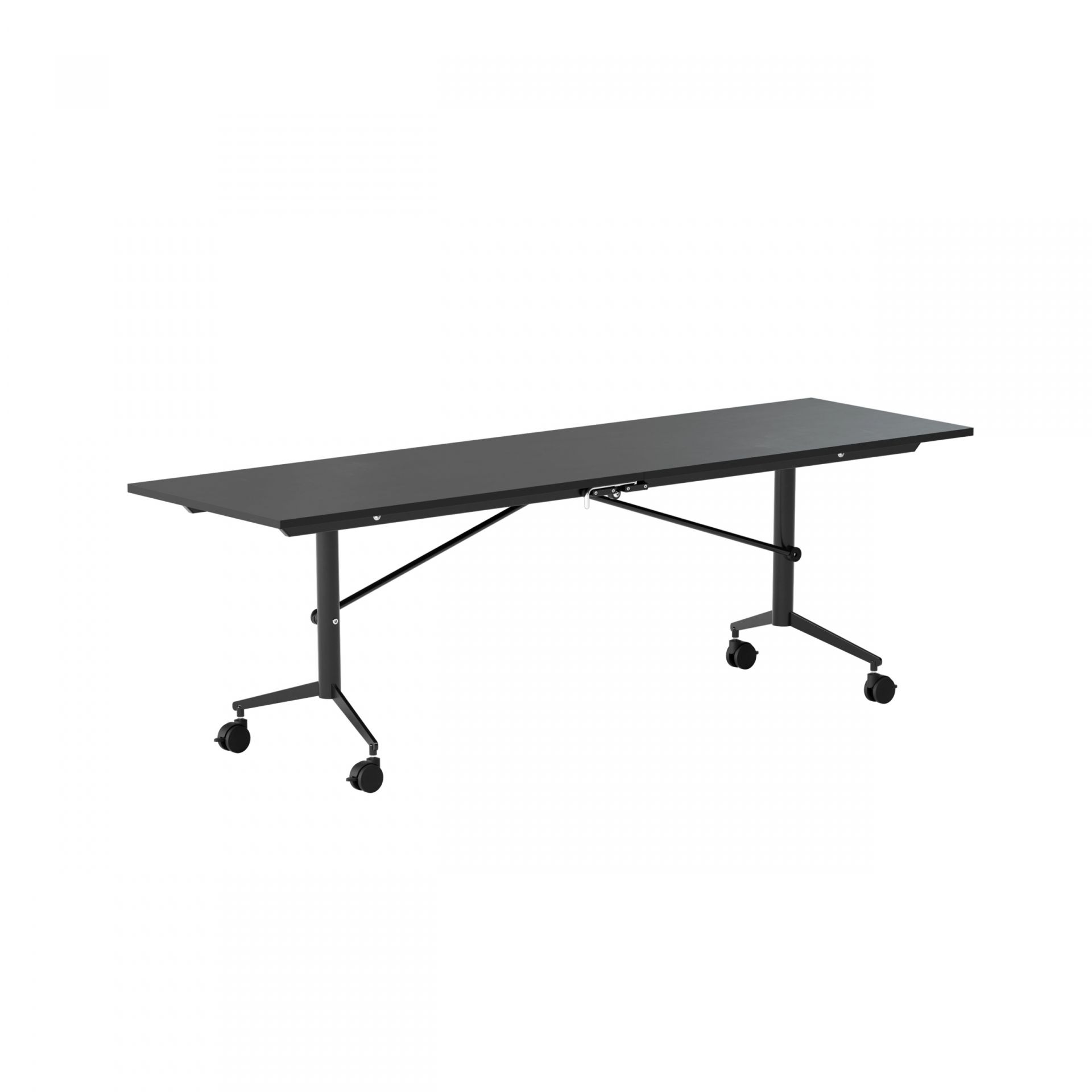
HideAway
Table with folding top -

Mingle Lounge
U-soffa -
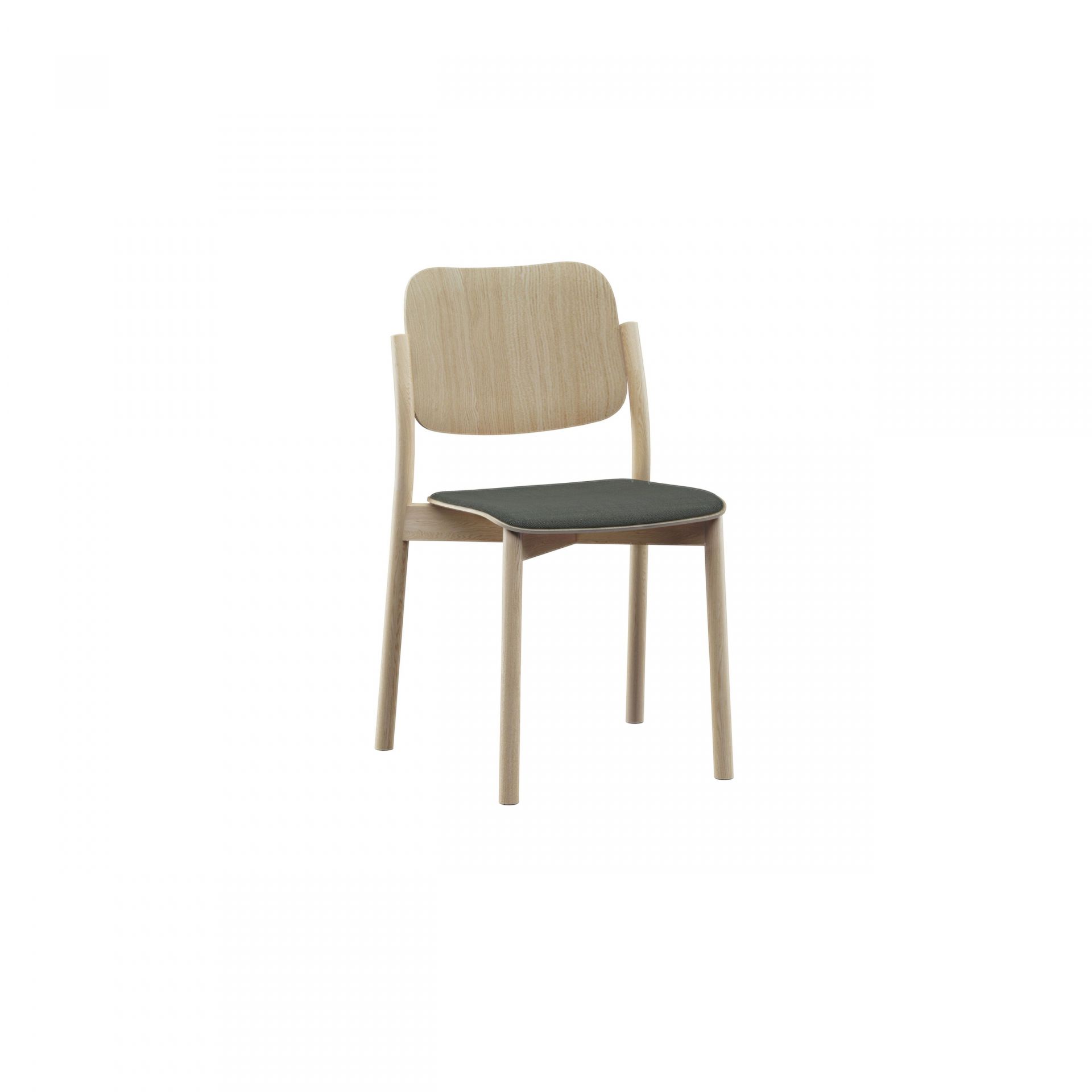
Zoe
Wooden chair
News & Stories
All News & StoriesWhat is the role of tomorrow’s office?
A culture that helps people enjoy their work is important today and will be..
What will tomorrow’s workplace look like?
Our tasks and working methods are changing, and are a lot different from the..
